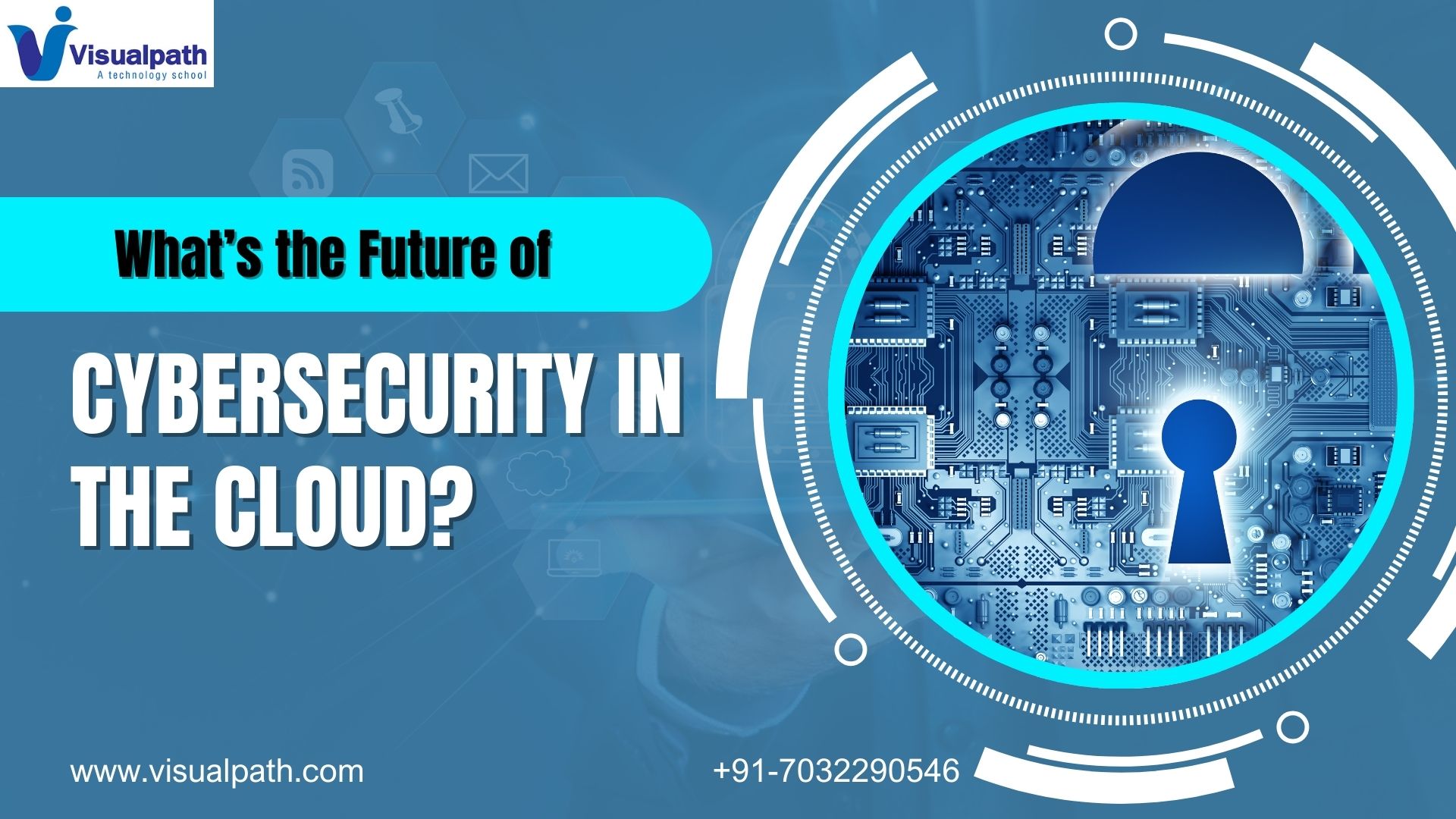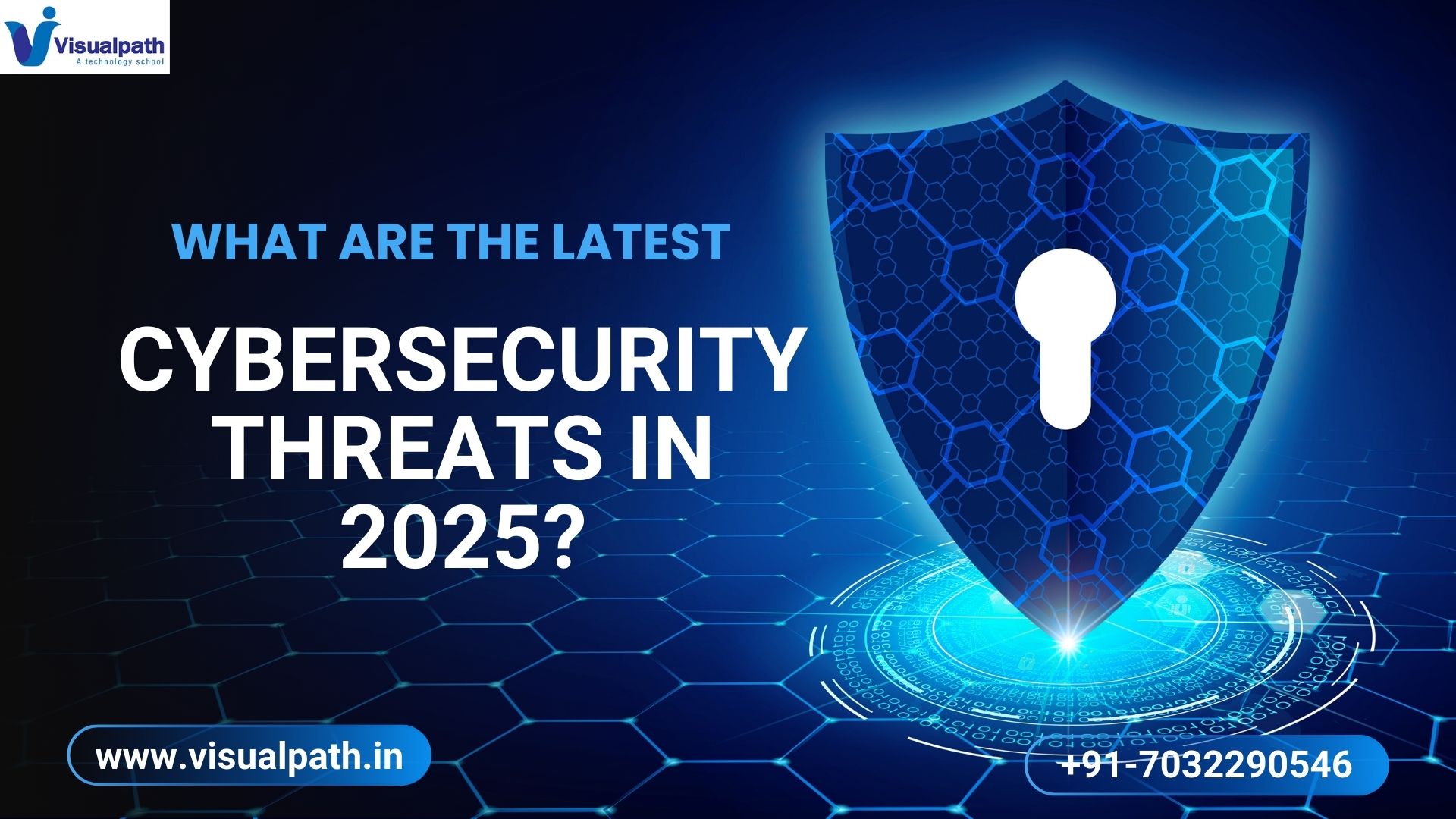Cybersecurity has become one of the most critical aspects of digital transformation. Businesses are migrating to the cloud for its scalability, flexibility, and cost-efficiency—but with these advantages come new security challenges. Traditional cybersecurity models no longer suffice in a landscape where data, applications, and users operate beyond the physical boundaries of an organization. So, what does the future hold for cybersecurity in the cloud?
The Rise of Cloud-Native Security Solutions
In the future, cybersecurity will be built directly into cloud environments, not added as an afterthought. Cloud-native security tools are already becoming standard, offering features like automated threat detection, continuous compliance monitoring, and real-time access control.
Platforms such as Google Cloud, AWS, and Microsoft Azure are integrating more advanced security tools into their ecosystems. These tools are designed to scale automatically, adapt to usage patterns, and use AI and machine learning to detect anomalies. Expect this trend to grow, with security becoming part of the application development lifecycle through DevSecOps practices.
Zero Trust Architecture Becomes the Norm
“Never trust, always verify” is the core idea behind Zero Trust Architecture (ZTA). In a cloud-first world, this model is rapidly replacing traditional perimeter-based security.
In the future, ZTA will be the foundation of cloud security strategies. Every access request, whether from inside or outside the network, will be verified and authenticated. Identity and access management (IAM) multi-factor authentication (MFA), and user behavior analytics will play pivotal roles in enforcing Zero Trust principles.
With more remote workers and third-party services accessing cloud resources, adopting a Zero Trust model is no longer optional—it’s essential.
AI and Machine Learning as Security Multipliers
The growing complexity of cloud environments demands smarter security systems. Artificial intelligence (AI) and machine learning (ML) are becoming essential in automating security responses and predicting threats before they occur. Cyber Security Online Training
In the near future, AI-driven systems will detect vulnerabilities and potential breaches in real time, sometimes even before they happen. These tools will evolve to analyze user behavior, detect abnormal activities, and stop insider threats with minimal human intervention. As cyber threats become more sophisticated, so too will the AI that defends against them.
Data Privacy Regulations Will Drive Innovation
Regulatory frameworks like are reshaping how companies handle and secure data in the cloud. These laws are forcing businesses to adopt more transparent and proactive security measures.
In the future, compliance will be tightly woven into Cloud security infrastructures, aided by automation and real-time auditing. Cloud providers will offer built-in tools for data classification, encryption, and audit trails to help customers meet regulatory requirements more easily.
Hybrid and Multi-Cloud Security Strategies
With organizations increasingly embracing hybrid and multi-cloud models, ensuring consistent security across diverse environments is a major challenge. The future will see platform-agnostic security tools that work seamlessly across different cloud providers and on-premises systems.
Security teams will need unified dashboards and centralized policy management to maintain control over fragmented environments. Tools that provide visibility, threat intelligence, and response coordination across all cloud assets will be in high demand.
Conclusion
The Future of cloud cybersecurity is proactive, intelligent, and deeply integrated into every layer of the cloud infrastructure. As threats become more sophisticated and cloud environments more complex, traditional security models simply won’t cut it.
Organizations must embrace cloud-native security solutions, adopt Zero Trust principles, leverage AI, and stay ahead of compliance requirements. Those who proactively invest in future-ready cloud security strategies will not only protect their data but also earn customer trust and ensure business continuity.
In this rapidly evolving digital age, one thing is clear: cybersecurity is not just an IT issue—it’s a business imperative.
Trending Courses: Salesforce Marketing Cloud, GCP Data Engineer Training, Gen AI for DevOps




